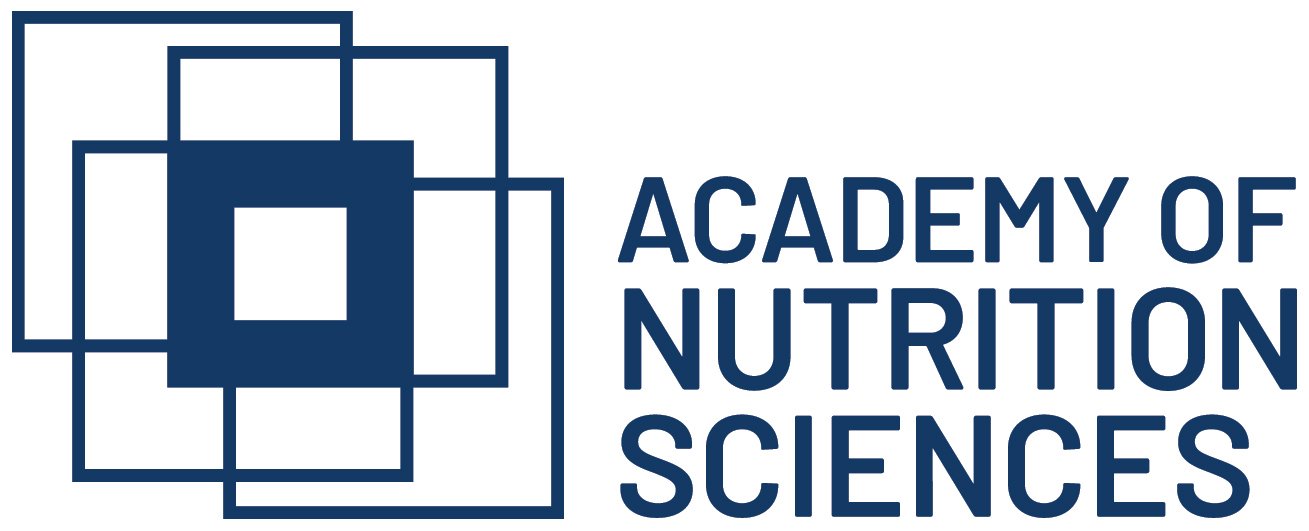How and why health claims are authorised – a new Position Paper from the Academy
Central to the work of the Academy of Nutrition Sciences is publishing Position Papers and the latest concerns how and why health claims are authorised (https://www.doi.org/10.1017/S0007114522003300).The paper, in British Journal of Nutrition, considers the strengths of approaches used in different countries, identifies challenges faced in assessing the scientific evidence and makes recommendations to overcome these. It complements a Position Paper (http://dx.doi.org/10.1017/S0007114520005000) focused on the nature of the evidence used in nutrition science and frameworks underpinning dietary recommendations for prevention of non-communicable diseases such as cancers and cardiovascular diseases, which was accompanied by editorials in Nutrition Bulletin (https://onlinelibrary.wiley.com/doi/full/10.1111/nbu.12480) and the Journal of Human Nutrition and Dietetics (https://doi.org/10.1111/jhn.12863).
The latest Position Paper summarises current health claims regulations for the EU and GB, with comparisons to approaches used by other countries where different levels of claims are permitted (e.g. so-called ‘qualified claims’ that require less robust substantiation in the USA and the self-substantiation option that operates in Australia & New Zealand). The Academy Position Paper emphasises the strengths of the current UK approach used to determine authorisation of health claims and the learnings gained through the implementation of the European Food Safety Authority (EFSA) evidence-based process for assessment of proposed claims, and the corresponding risk assessment process that is now undertaken independently in GB by the UK Nutrition and Health Claims Committee (UKNHCC). It also identifies aspects of risk assessment/ management that may warrant review and potential reform, making recommendations that focus on remaining challenges for nutrition science, consumer understanding and for key stakeholders, including practising health professionals.
Health professions need to be aware of the implications of the Regulation, in particular Article 12(c), for their professional practice. This aspect is elaborated in editorials due to be published shortly in Nutrition Bulletin and the Journal of Human Nutrition and Dietetics.
The Position Papers are already proving to be of particular value to those teaching undergraduate and postgraduates courses in nutrition as well as reference material for students undertaking these courses. Building on the Position Paper on evidence supporting dietary guidelines, a paper published in the Proceedings of the Nutrition Society (https://doi.org/10.1017/S0029665122002750) focuses on the need for systematic approaches to assess quality and relevance of mechanistic research in the development of nutrition policy.
Find out more here.
